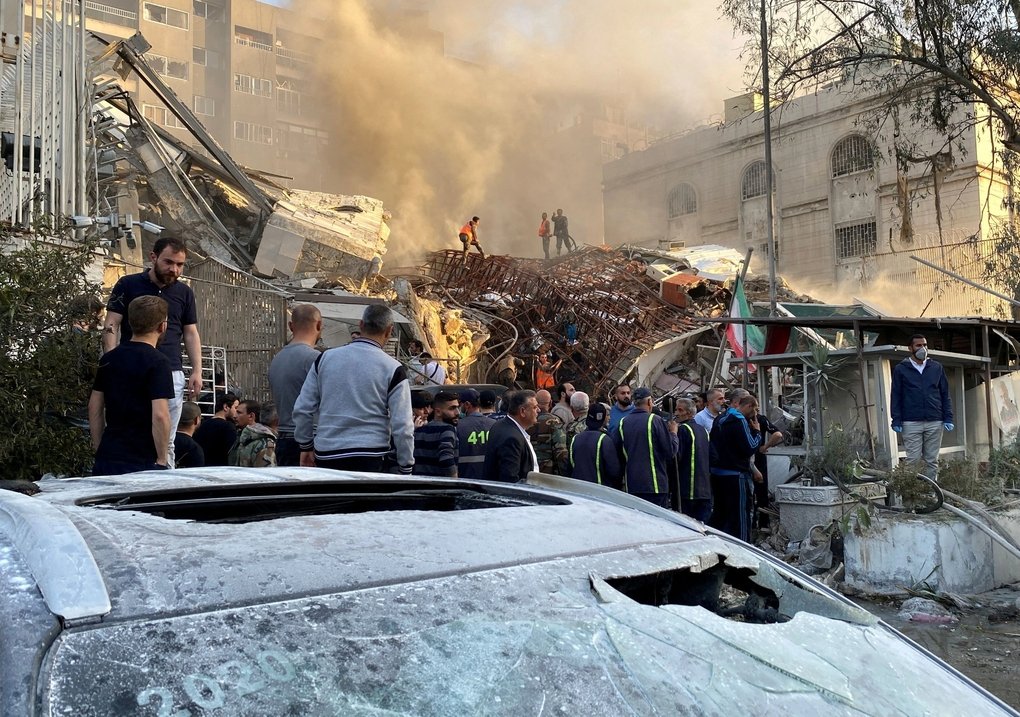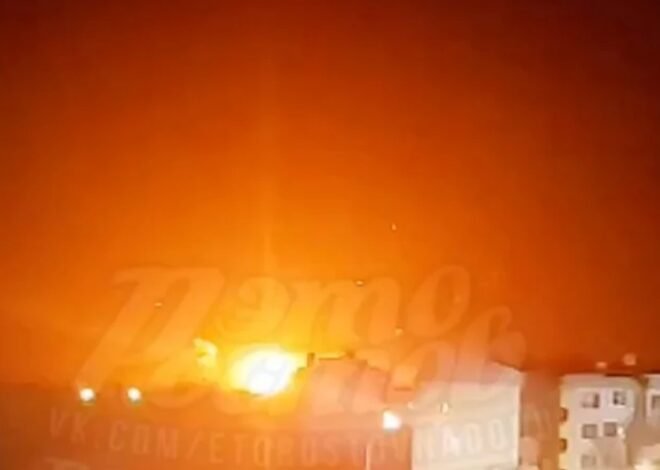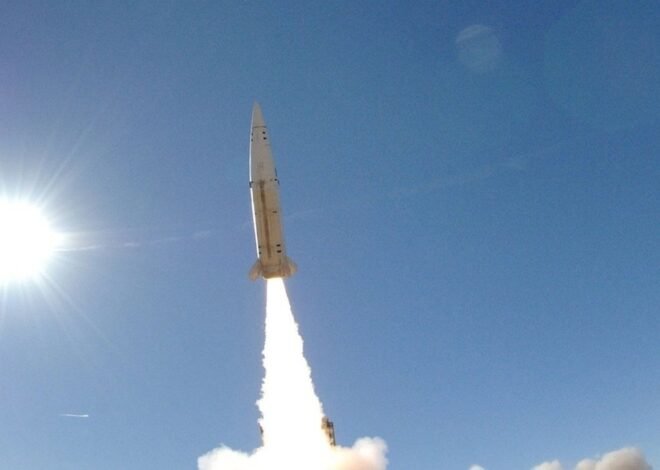
The Middle East `furnace` is stirring: Israel-Iran are touching the red line of war
(Dan Tri) – The Middle East `furnace` once again made waves when the commander of Iran’s Quds task force, General Mohammad Reza Zahedi, and many other important figures died, suspected of being attacked by Israel in Syria.
The building near the Iranian Embassy in Syria was destroyed after a suspected Israeli airstrike (Photo: Reuters).
Iranian state media on April 2 confirmed that the senior commander of the Quds task force of the Iranian Islamic Revolutionary Guard Corps (IRGC), Brigadier General Mohammad Reza Zahedi, and many other important figures were killed in the attack.
Tehran has vowed to retaliate.
Comprehensive conflict scenario: No one benefits
When assessing Iran’s chances of retaliating, let’s look at a precedent.
Immediately after the assassination of General Soleimani, Iran retaliated by launching many missiles at US bases in Erbil and Al Anbar provinces in Iraq.
According to political analyst from Tehran University, Mohammed Marandi, more than a year after Soleimani’s death, Iranians still mourn the late general.
However, it is clear that when placed on the scale, the lives of a few important people cannot be as important as the fate of the nation.
Israel is actually not an easy opponent.
With an opponent like Israel, Iran’s military escalation could easily lead to a full-blown conflict that would involve many countries in the region.
Firstly, Israel is somewhat `bogged down` in the conflict in the Gaza Strip, the wave of protest is more or less rising in the country.
Second, Iran has been building a significant friendly force in the region and influencing Arab countries in their relations with Israel.
Third, not only does Israel have a strong military force, but in fact Tel Aviv’s allies, especially the US, also maintain large forces in the Middle East.
For the above reasons, the fire of full-scale war between the two countries is unlikely to happen because the outcome of `both defeat and compromise` is already present.
Proxy war?
In fact, the attack by the armed forces of Hamas and Islamic Jihad from the Gaza Strip on Israel in October 2023, although it did not prove Iran’s connection, showed the fact that Israel is being attacked by its opponents.
Although within the armed Islamic movements there are ideological disagreements, when talking about the opponent Israel, everyone is in agreement.
Meanwhile, Iran is having a great influence on armed Muslim movements, especially Shitte sects in the region.
A war without a specific, persistent opponent will bring more significant losses than a quick war.
So what would a silent, proxy war launched by Iran through armed Muslim movements such as Hamas, Hezbollah, and Houthi besieging Israel for many years?
Israel itself also recognizes this problem and its air strikes against the positions of pro-Iranian forces in Syria have proven it.
It can be said that the existing conflict between Iran and Israel has a long tradition and is unlikely to be resolved in the near future.


